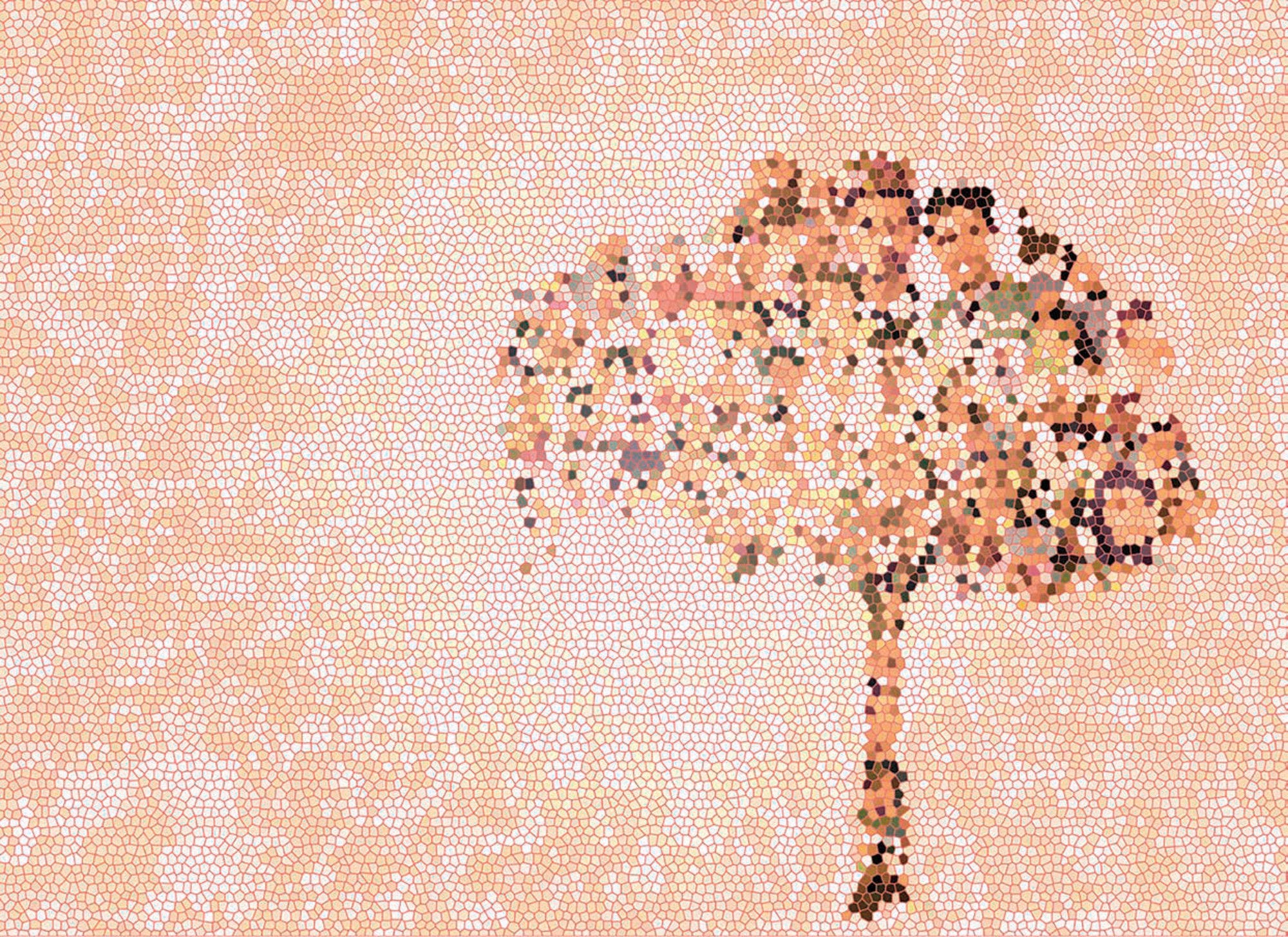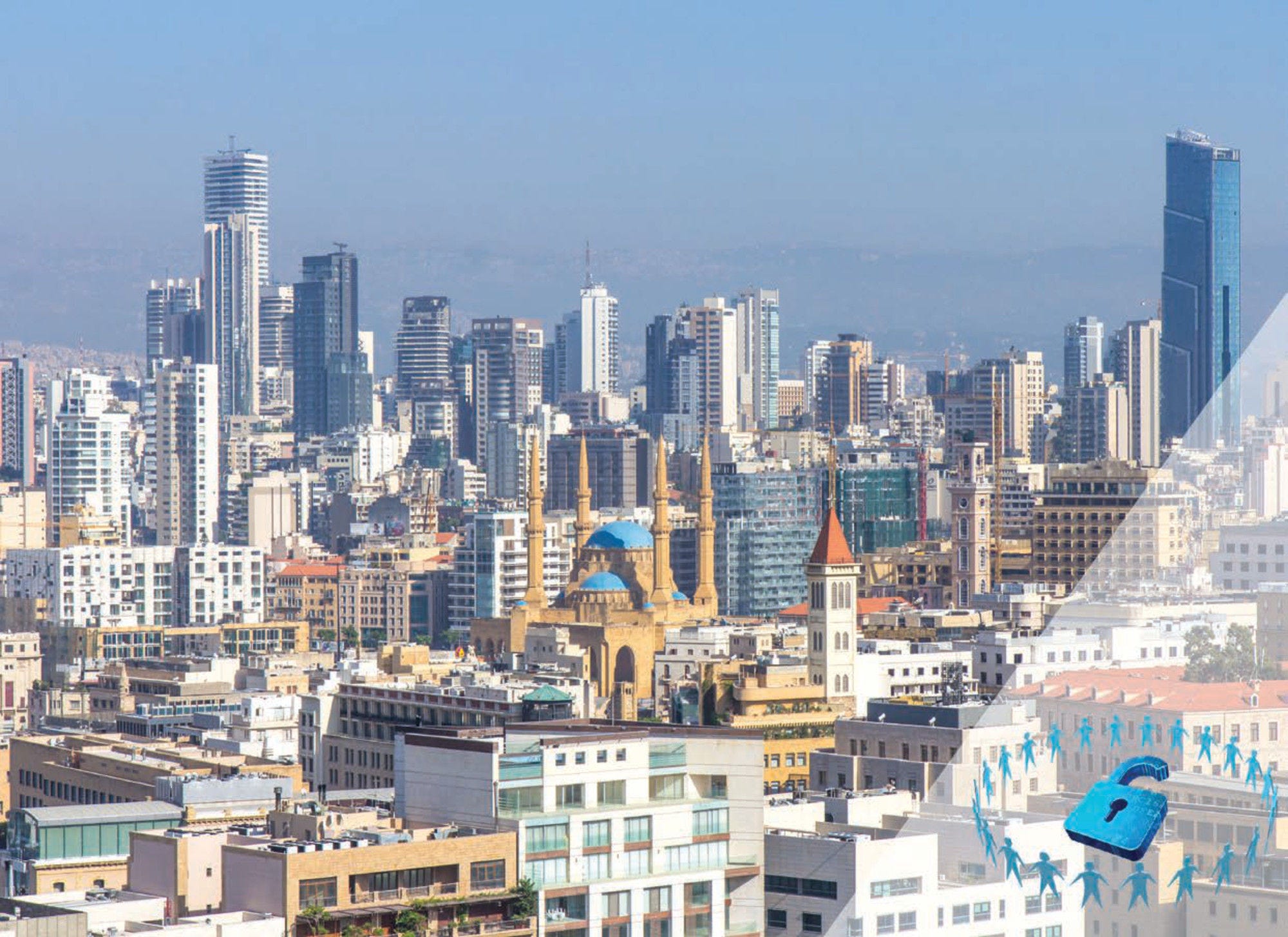This study investigates transition finance in Lebanon, an upper middle-income country in the MENA region transitioning from a significant adverse shock. Lebanon’s development path has been historically non-linear and, most recently, the Syrian conflict adversely affected the country’s development path. The Syrian conflict compounded pre-existing deficits and challenges in Lebanon, calling for increased international assistance.
DAC donors increased official development assistance (ODA) to Lebanon to preserve stability and promote refugee protection. Donors also created special financing instruments such as the Global Concessional Financing Facility (GCFF) to foster the provision of multilateral concessional financing to Lebanon. Official development finance in Lebanon is high in comparison to its peers, particularly on a per capita basis and for humanitarian assistance. The country also attracts high amounts of FDI and remittances. Overall, domestic credit dominates the financing landscape and public debt is high.
DAC members and other donors can strengthen the humanitarian-development-peace nexus, address long-standing country needs to promote self-sufficiency, and re-design partnerships driven by mutual accountability and appropriate incentive structures.













